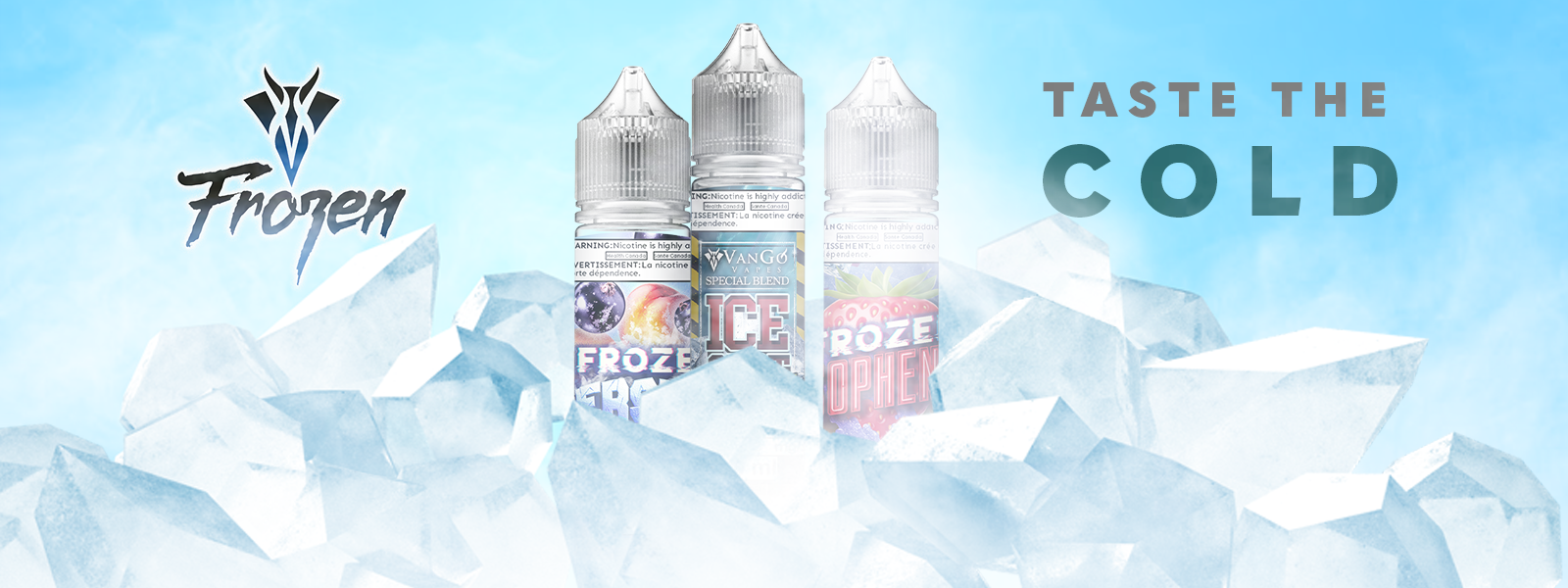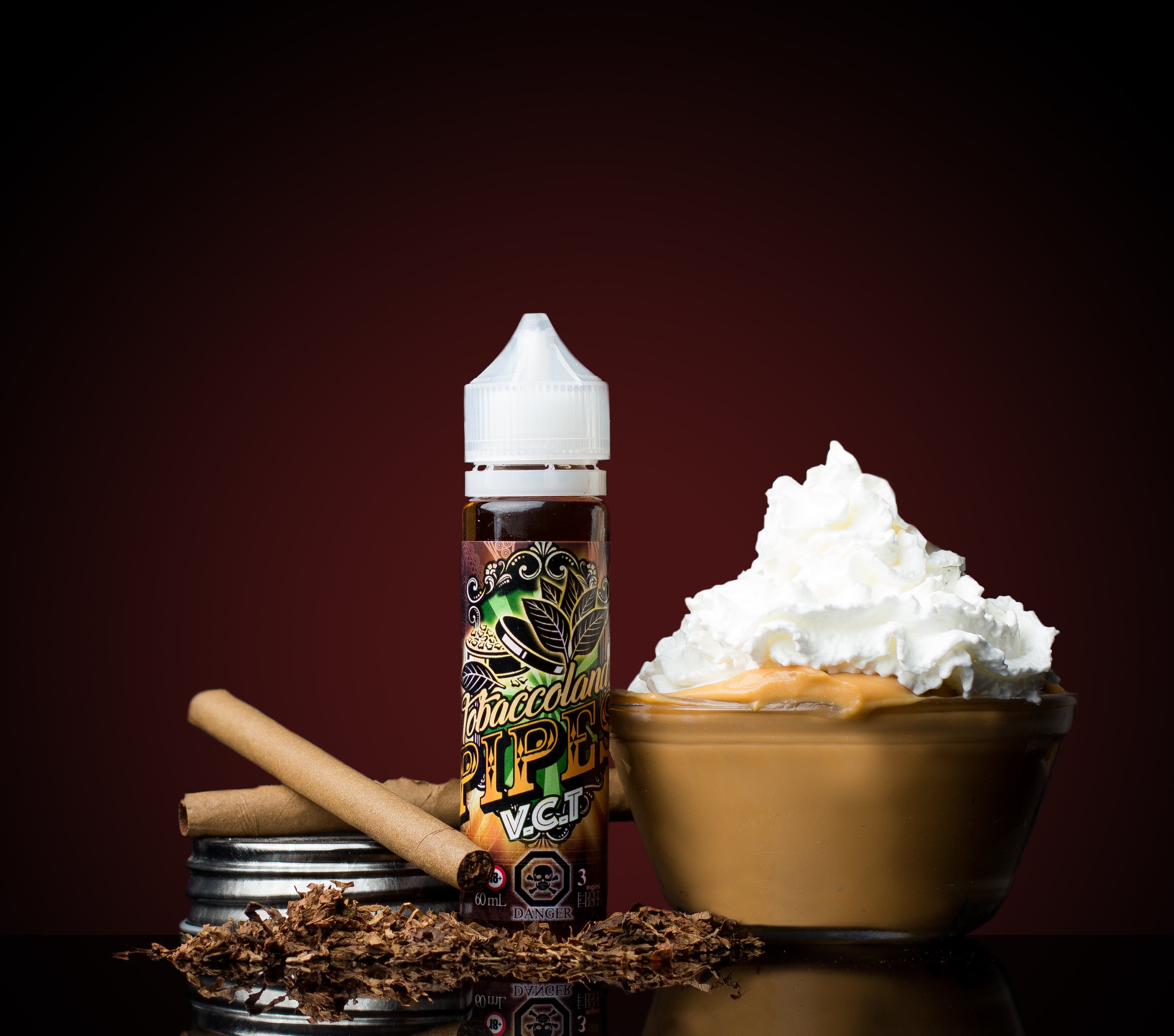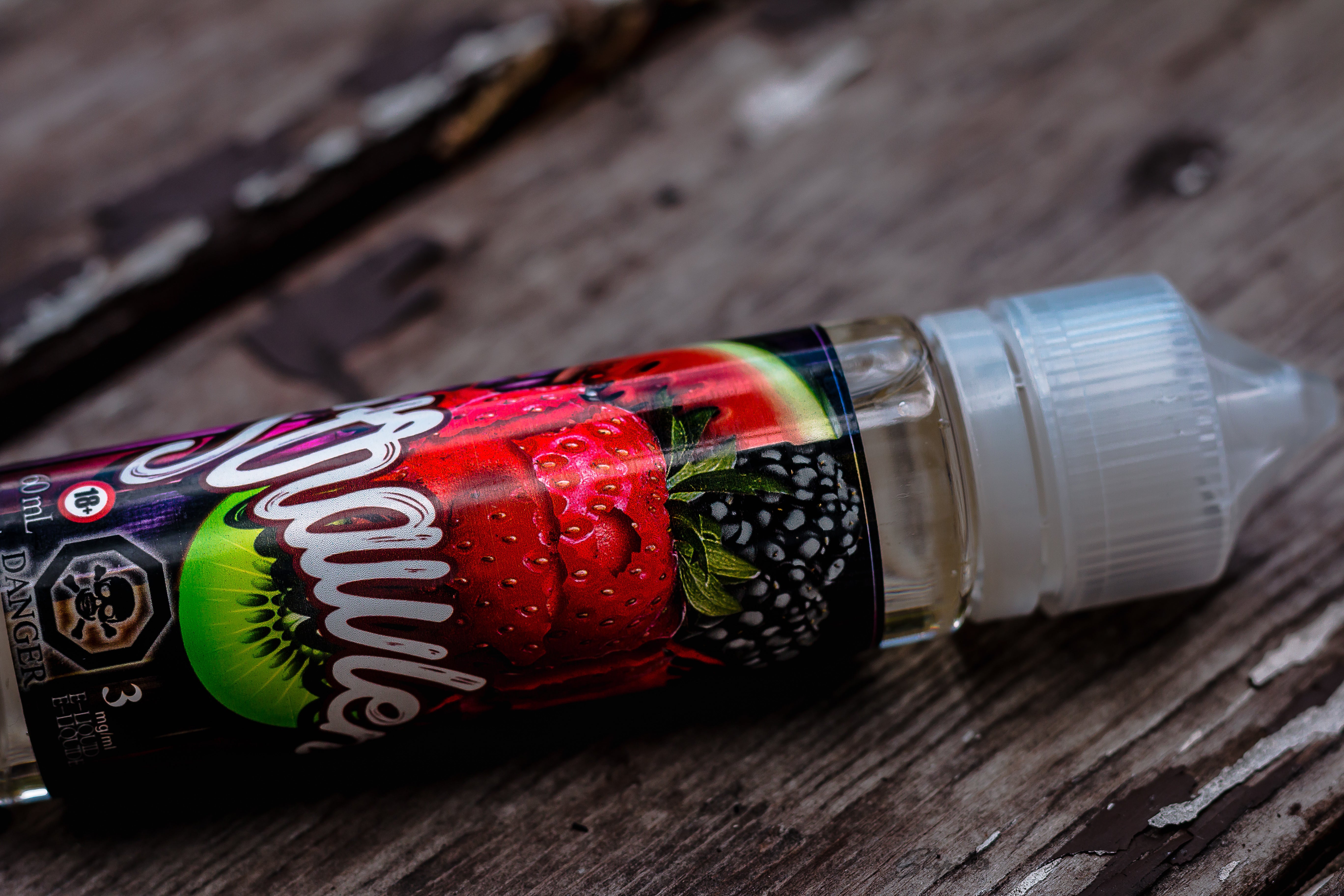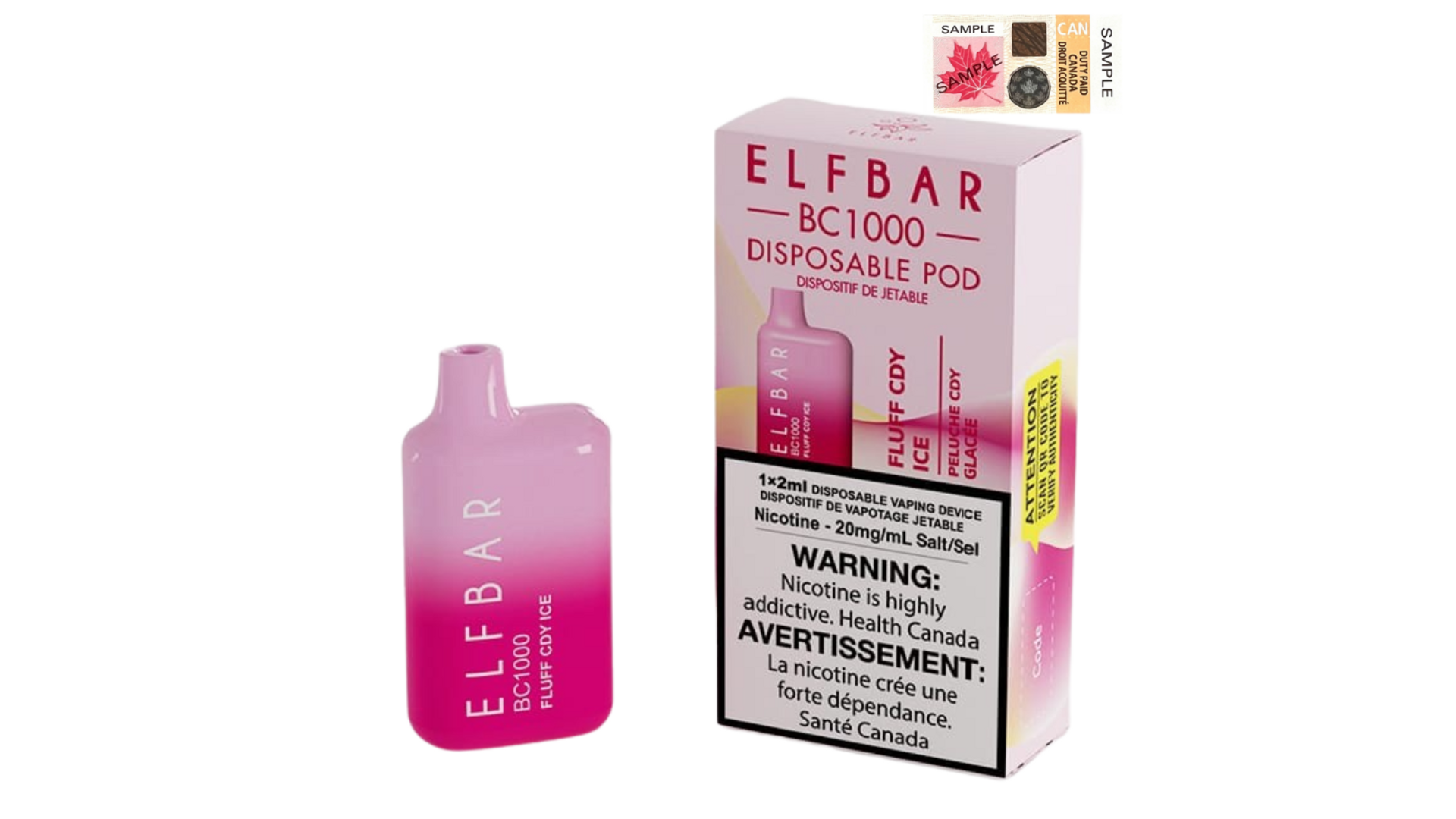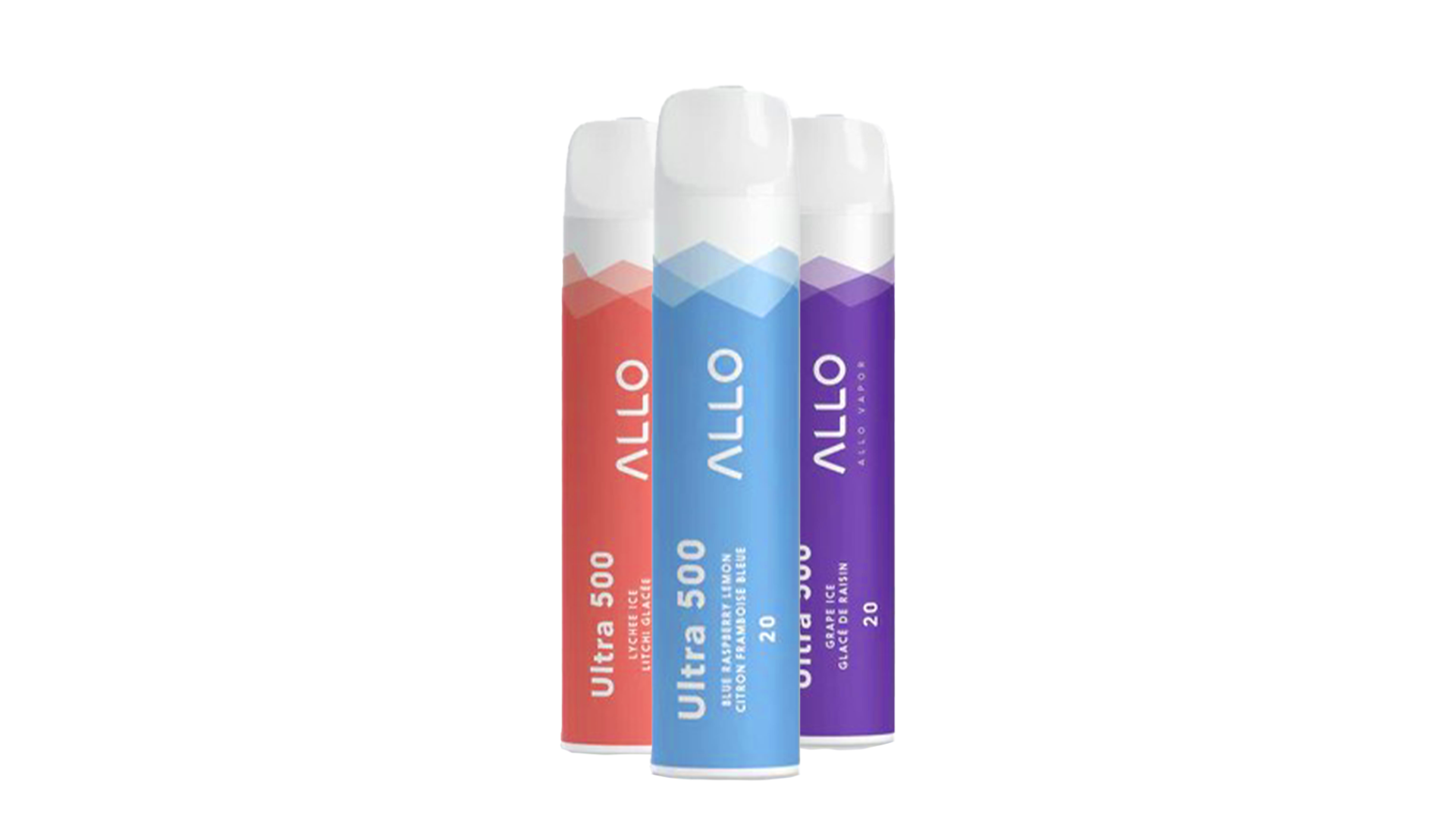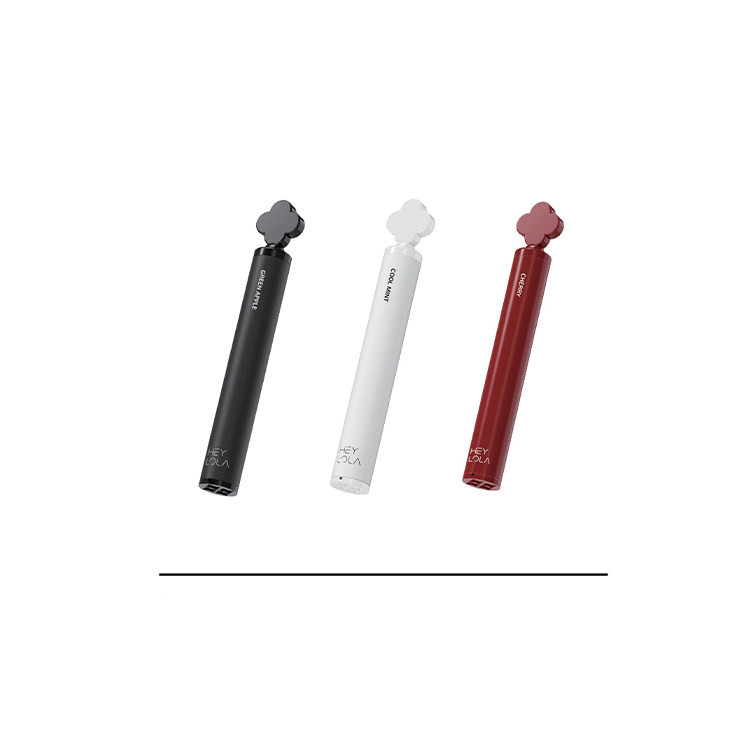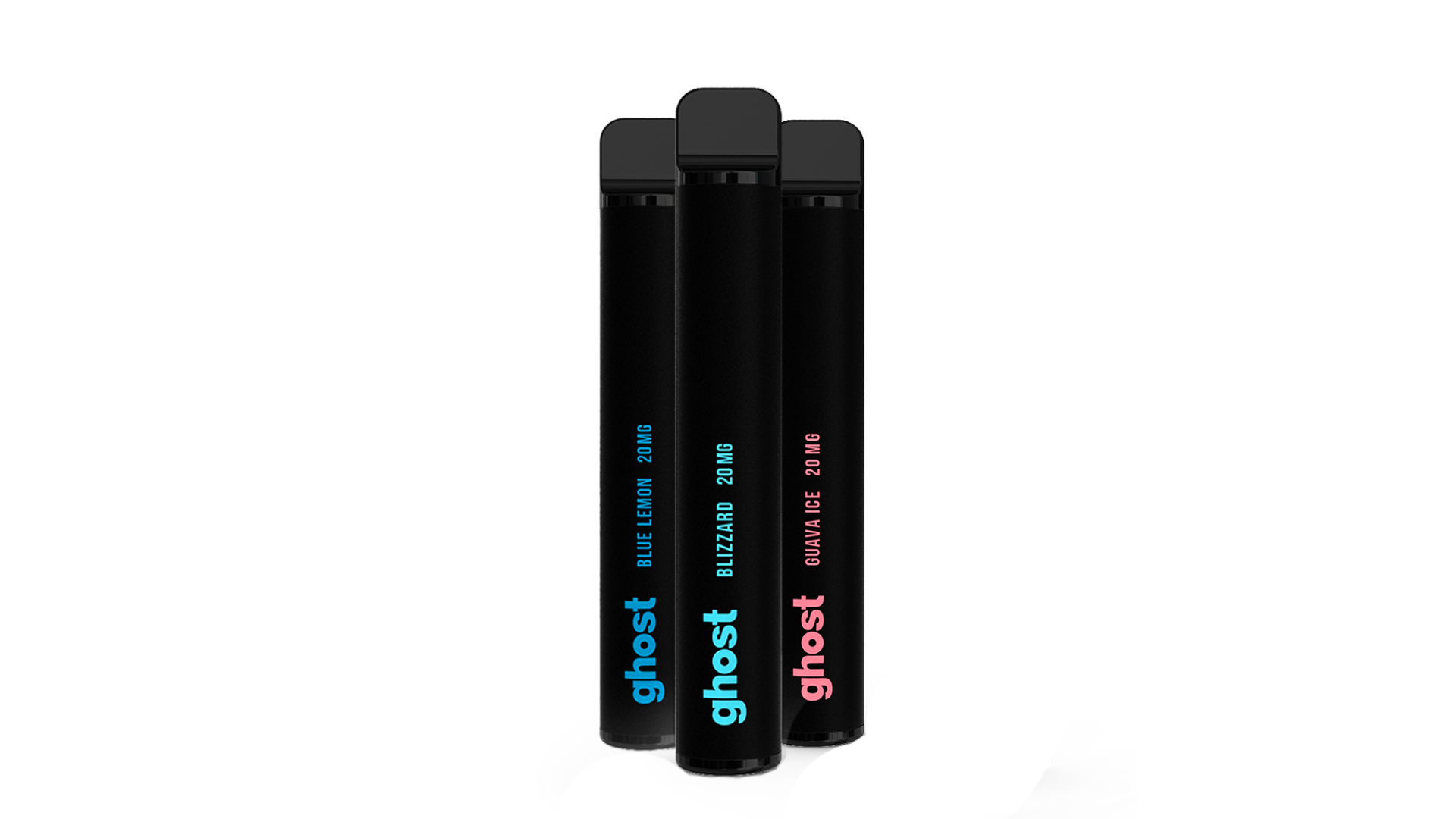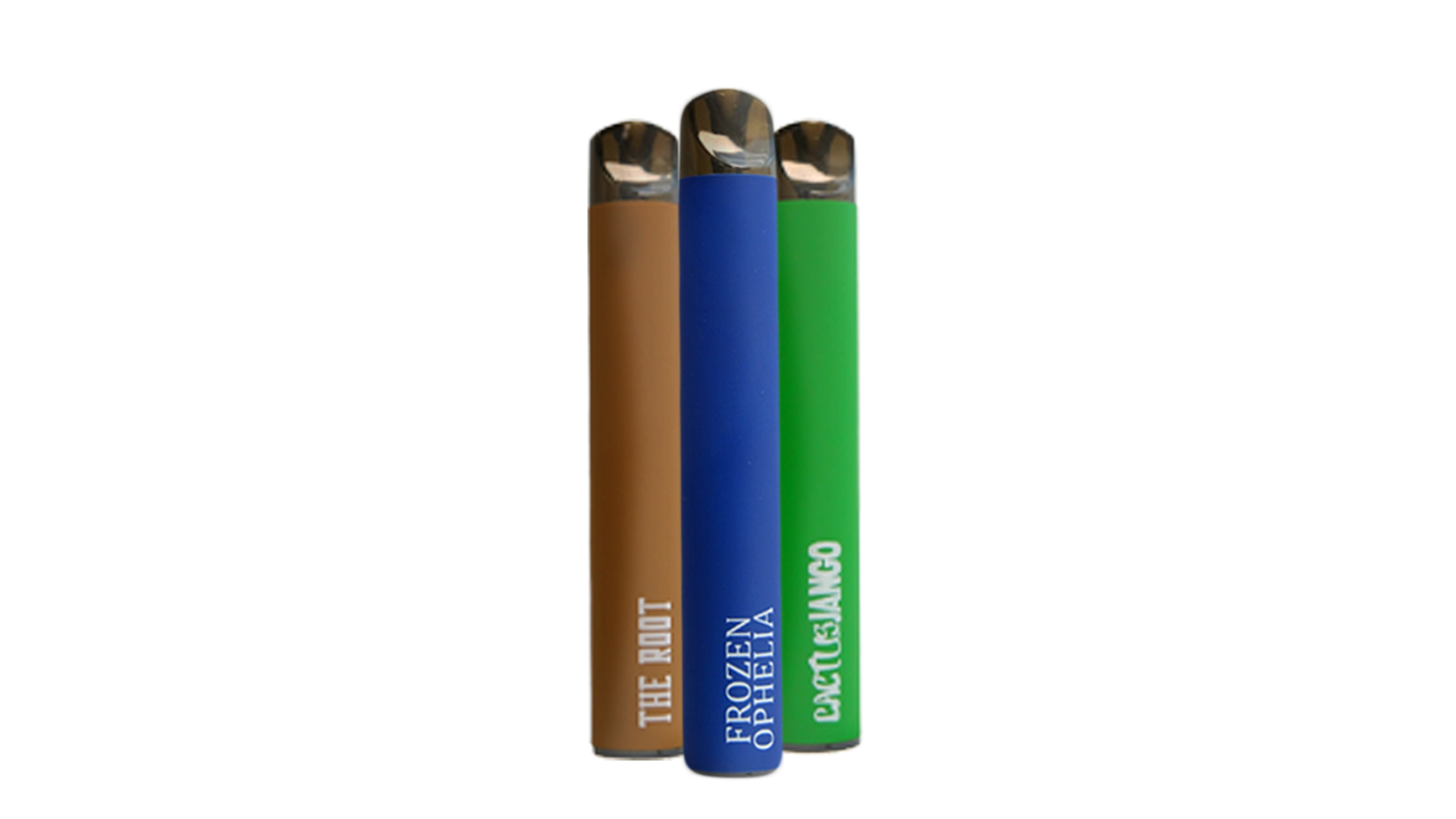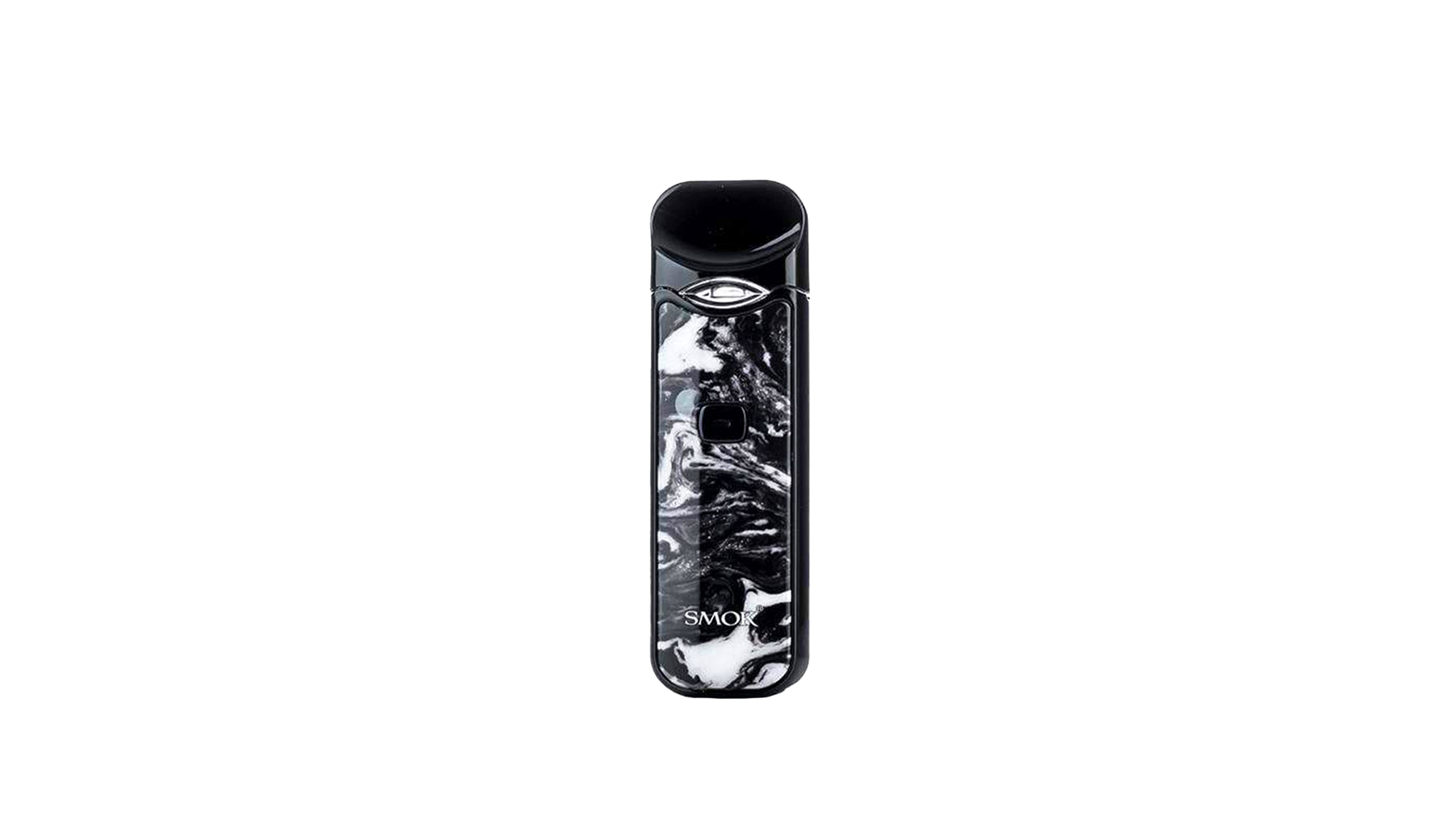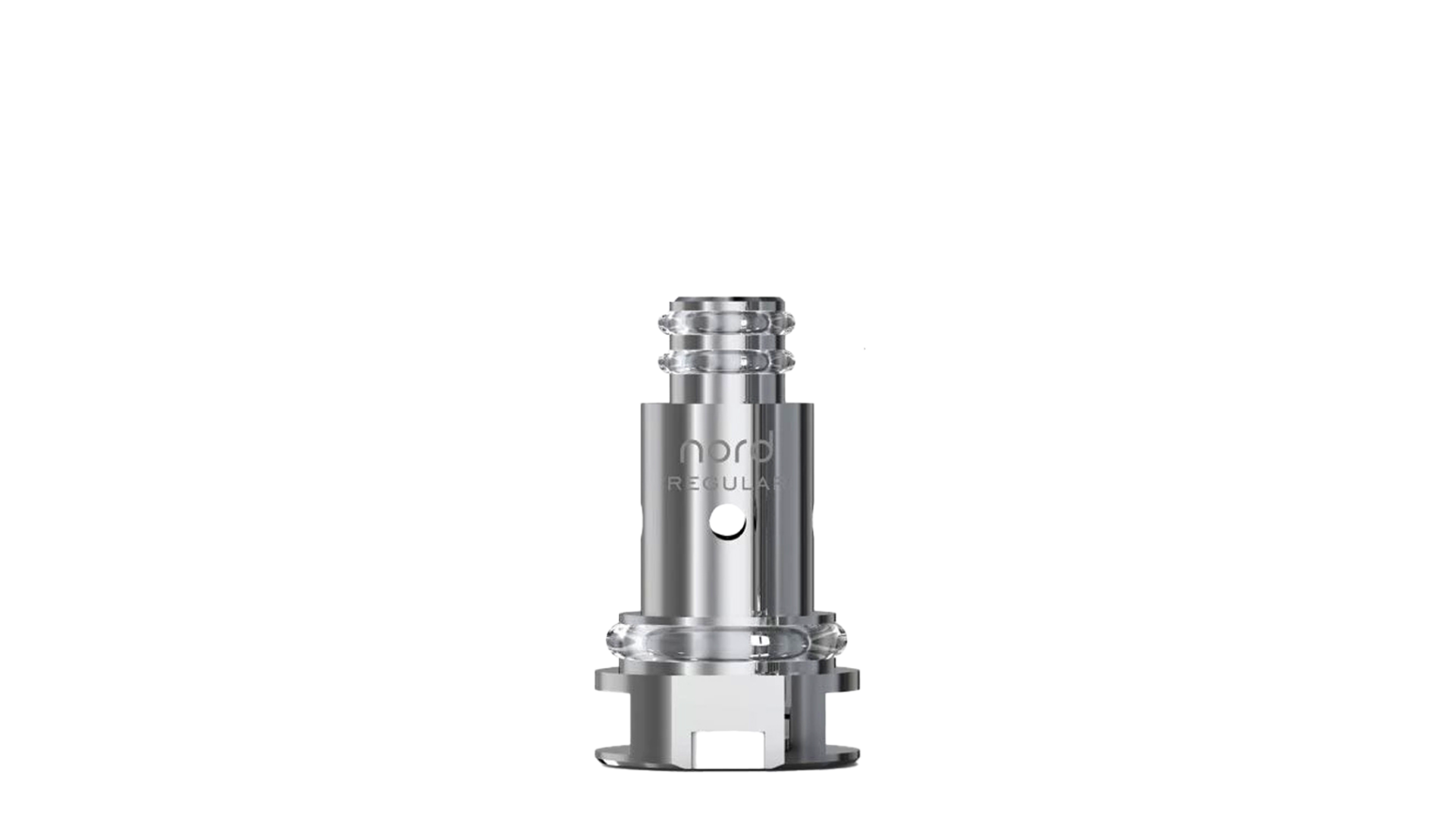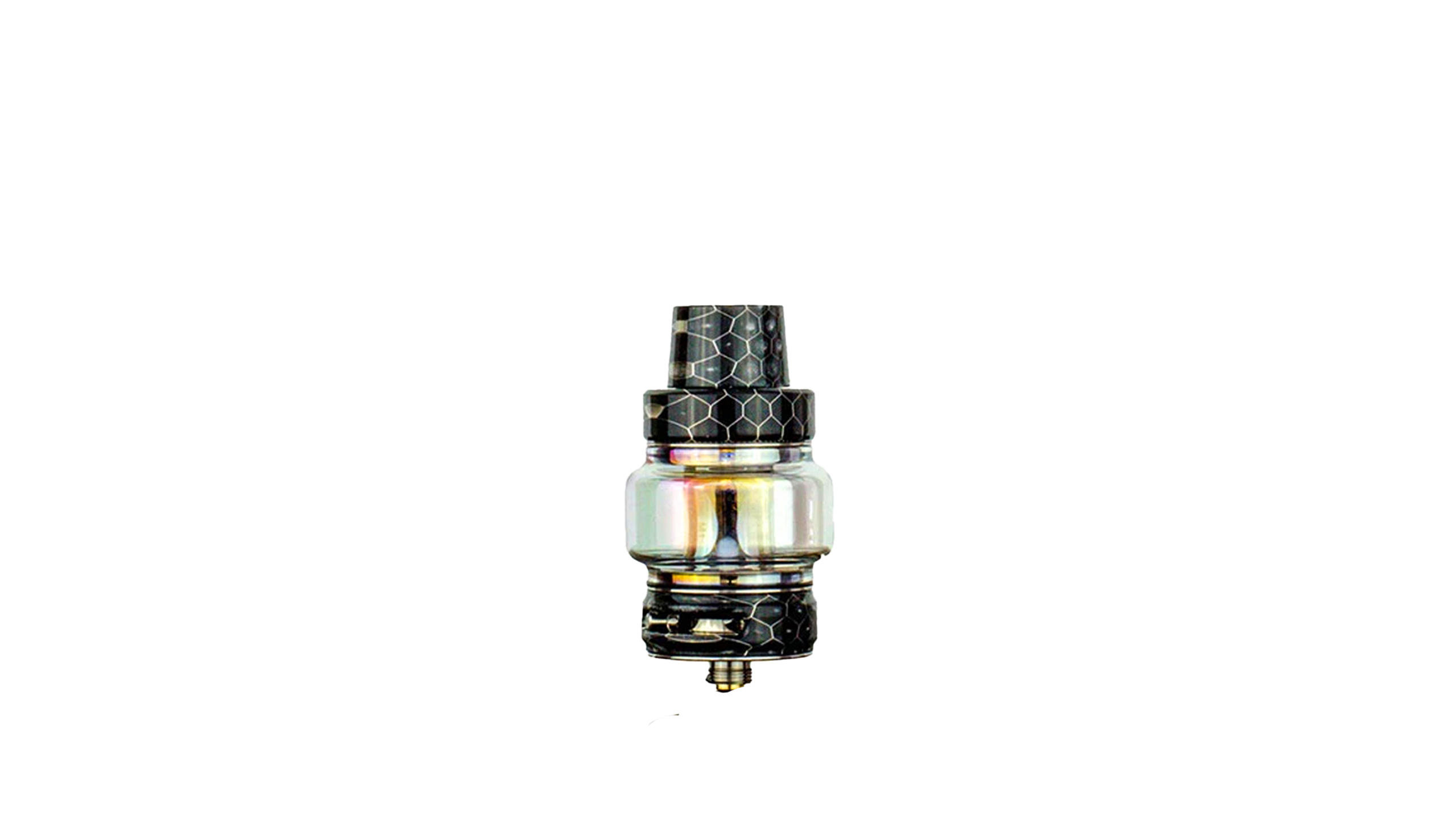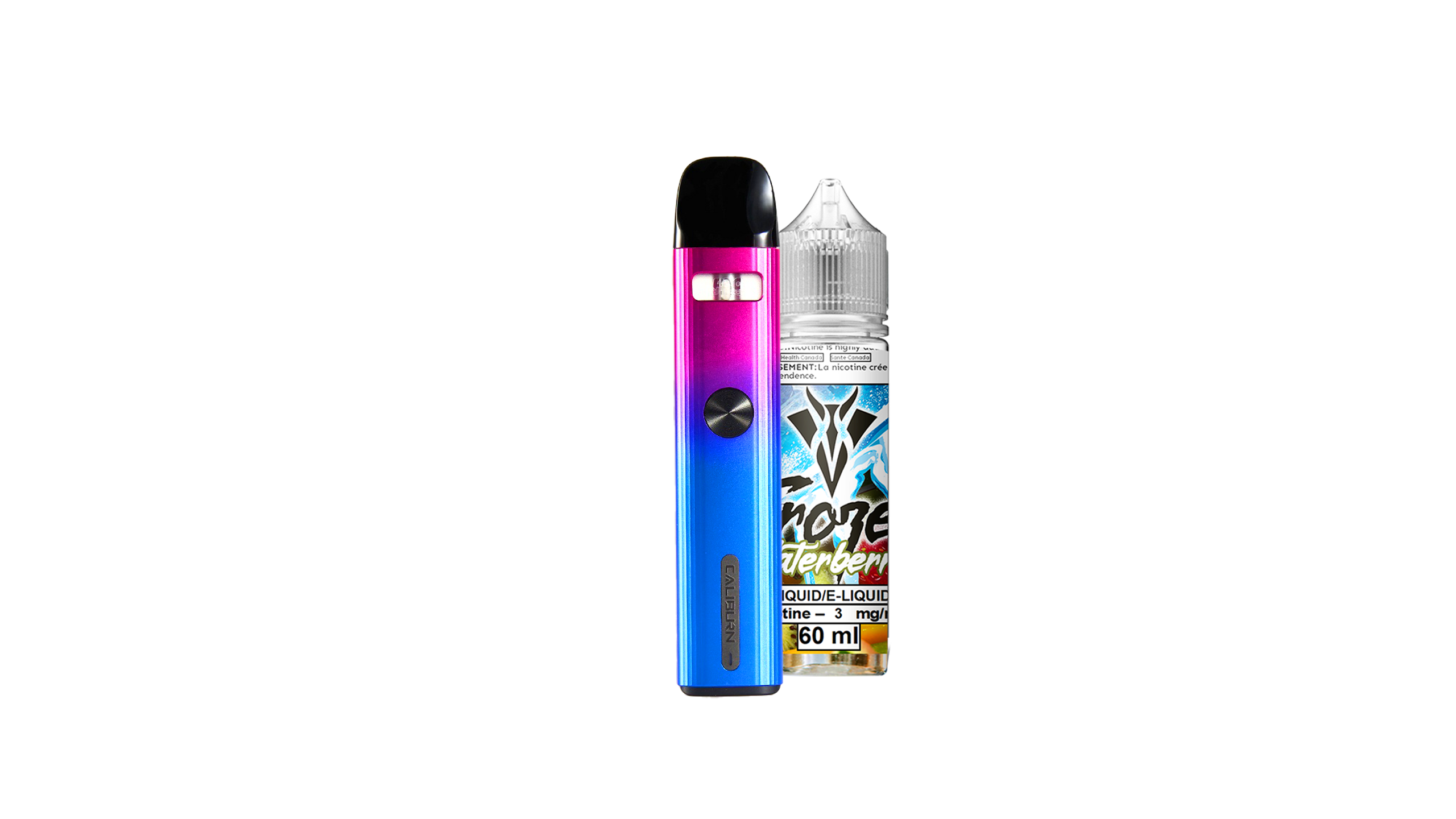The Modern-Day Value of Exclusive and its Social Impact
Ever heard of Supreme? Arguably, the most rampantly successful clothing brand in America. But why?
The streetwear label out of Soho creates super limited products. They release a product online, and it sells out in milliseconds. They open a brick and mortar store, and men line up for days to be the first through its doors. They never wholesale clothes. Everything they make is exclusive. Therein lies the key to their success.
To an objective observer, this obsession with an exclusive brand like Supreme may seem absurd. Why would you subject yourself to days spent outside in the cold just for the chance to pick up a pair of boxer shorts? Why would you pay hundreds of dollars for a basic hoodie?
To understand this phenomenon is to take a closer look at our modern-day culture where the value of “exclusive” supersedes time and money.
It's a sign of status.
Ivy League universities, Michelin star restaurants and A-lister nightclubs are all highly exclusive constructs in our society. It's extremely difficult to earn a spot at an Ivy League school. It takes money to be able to dine at a Michelin star restaurant. You need clout or a connection to get into certain nightclubs. What effect does this have on our perception of these things?
It makes them more desirable. They are exclusive, difficult to obtain, and therefore, imbued with value. Being associated with any of these things is a sign of status. A symbol of success in an age where everyone is striving for their piece of the pie. And everyone wants to show off their piece once they finally get it.
Give me a reason, and I’ll use it.
Take something extremely popular, and then put a cap on its production. You will have people clamoring at your door in no time. A limited supply ensures a high demand. It makes your product exclusive, and the low supply acts as a constant reminder to the consumer.
Next time you release a product or have a sale, that consumer is more likely to buy because they know if they don’t, they won’t have another chance to purchase the item in question. Basically, it gives them a reason. “If I don’t get it now, I will never be able to!”
FOMO, fo' real.
FOMO, or fear of missing out, is a real thing in our society. Digital marketers use it to great effect. Every time you receive an email for a flash sale, this principle is at work. When you are told you can only get a deal for the next 24 hours, a part of you is immediately intrigued.
Anybody who’s ever bought a pair of winter boots mid-June will understand this impulse. It’s the same feeling that drives you to overbook your Saturday because you don’t want to miss out on any of the fun your friends are having. And it all ties into the value we place on exclusivity in our society.
In our society, when something is exclusive, it’s special. We are all trying to be different. We are all trying to make our mark. To be successful. Owning something special helps us feel like we are distinguishing ourselves. The value of that feeling, of feeling unique, is hard to calculate. This is why brands like Supreme are so popular. They are selling a feeling.
In the words of Jay Samit, “The strength of brand loyalty begins with how your product makes people feel.”
This is why at VanGo, we make products that are about experience not function. Our e-juices are meant to be savored and enjoyed for the feelings they evoke, as opposed to just consumed. We are on a mission to take flavor-making to the next level. We don't vape, we flave. Find out what "flaving" means to us here.
If you enjoyed this article and would like to read more stories like it, subscribe to our newsletter below!




